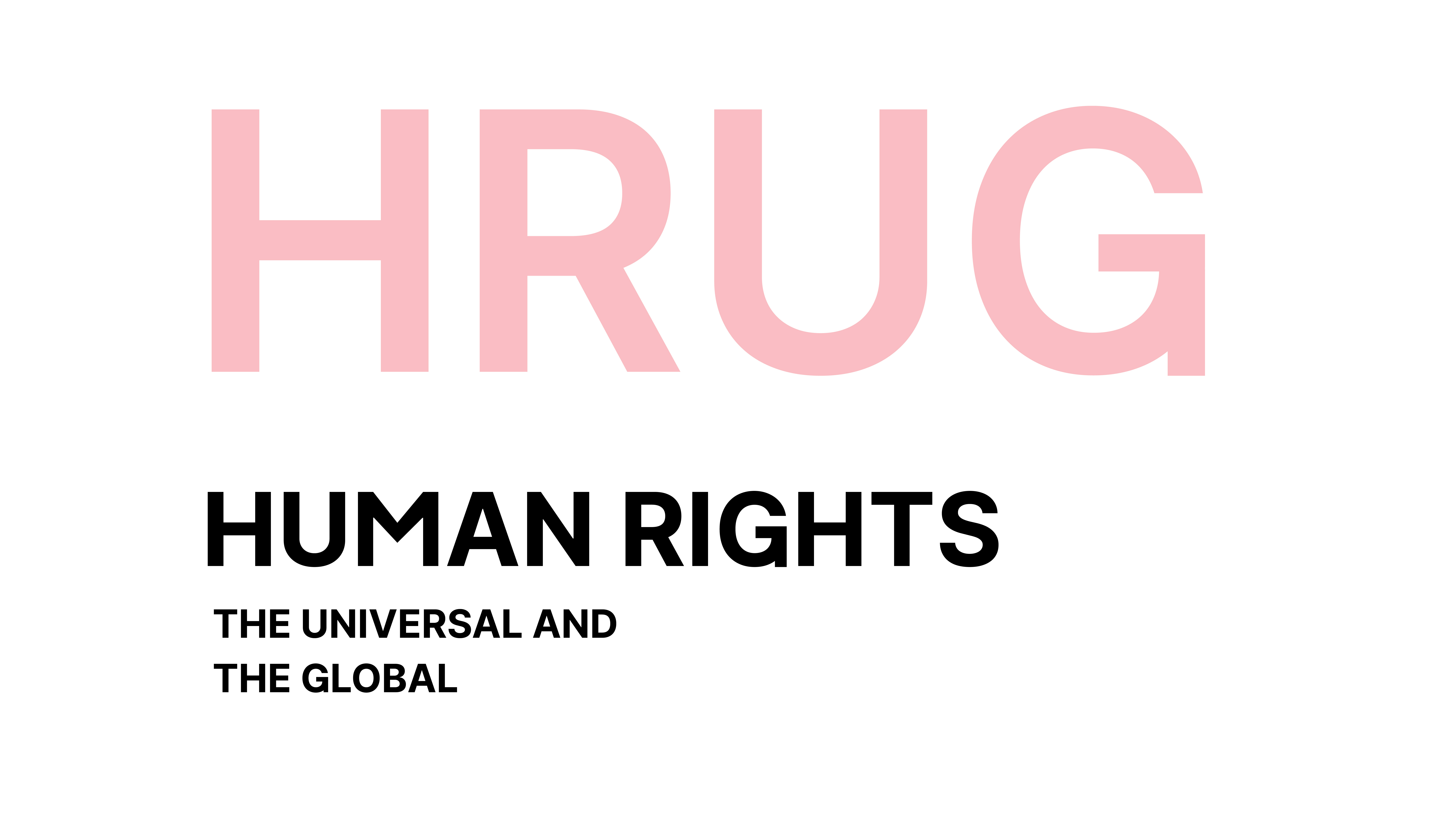Video Link:The German Elections – going beyond the immediate results – YouTube
On October 2, 2021, the HRUG regular seminar on “Human Rights Issues Related to German Elections” was held. The meeting was chaired by Prof. Peter Herrmann of Central South University. Joe Finnerty (social policy analyst, School of Applied Social Studies, University College Cork, Republic of Ireland), Mehmet Okyayuz (Professor of Middle East Technical University, Ankara/Turkey), António Duarte (Professor of Faculty of Psychology, University of Lisbon, Portugal), Lethokawa George Mpedi (Vice-Chancellor and Principal of the University of Johannesburg) and Theophilus Edwin Coleman (Post-doc research fellow, University of Johannesburg, South Africa) shared and discussed their opinions. The meeting mainly discussed human rights issues related to German elections, including analysis of the structure of German elections, human rights issues behind German elections, issues of integrating human rights theory with social reality, etc.
Prof. Peter Herrmann argued that there is a structural change in the results of elections in Germany compared to 20 years ago, where today the two largest parties in Germany are “winners” with more than 20 percent of the vote, but it is very difficult to reach 40-50 percent of the vote. This phenomenon reflects a number of issues, namely the need for parties to work together to modernize German politics, which means that a coalition will be built between F.D.P. and GRÜNE, while AfD will be more popular. The election discourse on ideology and human rights was also provocative, and the structure of the election will not fundamentally change Germany; structural racism will continue to exist. Researcher Theophilus Edwin Coleman argued that it takes multiple forces to drive development. If this is extended to the global level, guaranteeing or solving pressing rights or issues (e.g. environmental rights, global warming related issues, environmental refugees, etc.), large corporations have to be involved. Prof. Mehmet Okyayuz suggested that it is pointless to discuss human rights in isolation of social justice. While a great deal of human rights discourse and theoretical content in Germany should be government-driven, practical issues (e.g. climate change and global warming) still lack a precise discourse for their implementation, and human rights theory is not sufficiently integrated into social reality.
Finally, Prof. Lethokawa George Mpedi also raised the current challenges facing Ghana when foreign companies employ Ghanaians to provide labor services, and Ghana’s ability to ensure that their behavior conforms to the different liberal frameworks of the two countries is fraught with uncertainty.
2021年10月2日,HRUG定期研讨会之“德国选举相关的人权问题”主题会议顺利召开。本次会议由中南大学人权研究中心研究员Peter Herrmann教授主持,爱尔兰国立科克大学应用社会研究学院政策分析家Joe Finnerty、土耳其中东科技大学政治学Mehmet Okyayuz教授、葡萄牙里斯本大学心理学院António Duarte教授、南非约翰内斯堡大学副校长、法学院教授Lethokawa George Mpedi以及南非约翰内斯堡大学博士后研究员Theophilus Edwin Coleman等进行分享和讨论。会议主要对德国选举相关的人权问题进行探讨,包括对于德国选举结构的分析、德国选举背后所体现出的人权问题、人权理论与社会现实相结合的问题等。
Peter Herrmann教授提出,与20年前相比,德国选举结果存在结构性变化,如今德国最大的两个政党获得超过20%的选票即为“赢家”,但选票结果要达到40%-50%十分艰难。该现象反映出诸多问题,即政党之间需要通过合作共同推动德国现代化政治前进,这意味着“自由民主党”和“绿党”之间将建立一种联盟,而“选项党”将更受欢迎。选举中关于意识形态和人权的论述亦为一种挑衅,选举的结构并不会从根本上改变德国,结构性种族主义仍会继续存在。研究员Theophilus Edwin Coleman认为,推动发展需要多方力量的参与。若将其延伸到全球层面,保障或解决各项紧迫的权利或问题(例如环境权、全球变暖相关的问题、环境难民等问题),大型企业必须参与进来。Mehmet Okyayuz教授提出,抛开社会公正讨论人权毫无意义。德国大量的人权话语和理论内容应由政府驱动来实现,而实际问题(例如气候变化和全球变暖)却仍然缺乏准确的话语来落实,人权理论未能与社会现实充分结合。
最后,Lethokawa George Mpedi教授也提出了当前加纳面临的挑战,当外国公司雇用加纳人提供劳动服务时,加纳确保其行为符合两国不同自由主义框架的能力充满不确定性。
